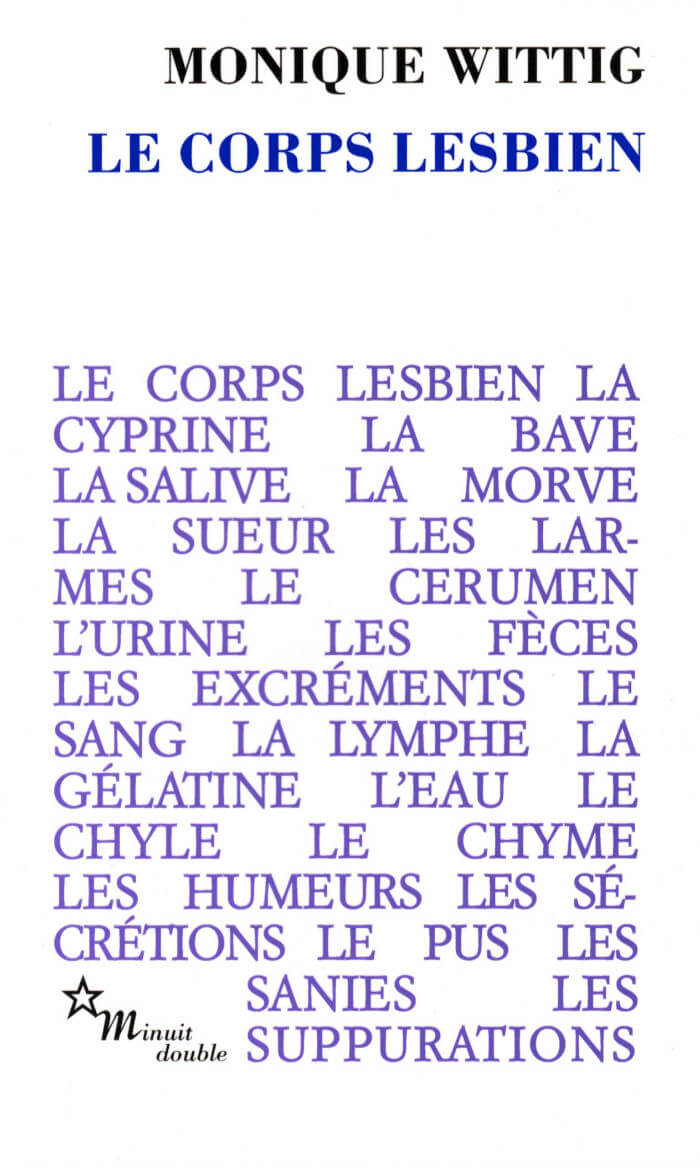Monique Wittig
Publié cinq ans après L’Opoponax, Les Guérillères, second livre de Monique Wittig, vient à son heure pour souligner et fortifier notre conviction. Le talent de cet écrivain le porte, j’allais écrire, pour notre plaisir et notre profonde satisfaction, à faire du récit le lieu naturel de la contestation du langage, non pas contestation abrupte et maladroite, mais contestation habile par le biais d’une opération beaucoup plus subtile et toujours séduisante. Il semble, en effet, que mots et phrases soient deux fois présents dans le texte : d’abord comme les mots et les phrases de l’usage traditionnel, ensuite comme éléments actifs de l’autodestruction. La métamorphose est très frappante dans ce nouveau livre. Convaincante aussi, tant est sensible le renouveau des images, et leur force.Notons pour commencer, que les Guérillères (ce curieux féminin de « guérilleros ») ne sont ni les cousines, ni les lointaines descendantes des Amazones auxquelles Hérodote prêta le nom scythe d’Oiorpata, ou tueuses d’hommes. La destruction de l’homme n’est pas l’enjeu du combat que les guérillères ont décidé de mener jusqu’à son therme. Ce qu’elles combattent, c’est l’oppression, ou plutôt sa cause, le langage, celui qu’elles ont reçu des hommes, lesquels les ont, par ce moyen, d’abord nommées, puis soumises et réduites à la merci des mots. Ce qu’elles veulent promouvoir, c’est un monde nouveau où elles retrouveront l’expression de l’indépendance originelle. — André Dalmas, La Quinzaine littéraire (novembre 1969)






